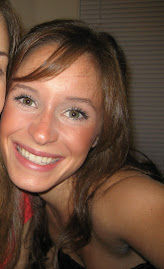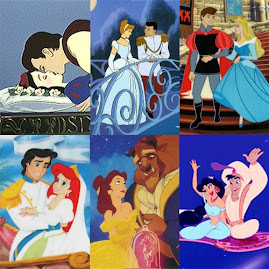“Privilege, Power, and Difference” by: Allen G. Johnson
Context/ Premise:
Saying the words, privilege, power, race, discrimination, acknowledgment, recognition, gender, silence, violence, ignorance, social systems, community, people, rejection, school, solutions, oppression, change, patterns, talk, languages, competition, fear, leverage, individuals, and avoidance.
Argument:
Allen G. Johnson argues that without recognizing privilege and power we can do little to overcome it, with knowledge and the right language we are better able to produce solutions to the problems surrounding such inequalities.
Evidence:
- “The challenge we face is to change patterns of exclusion, rejection, privilege, harassment, discrimination, and violence that are everywhere in this society and have existed for hundreds…of years.”
There are certain aspects of our society that have been so engrained within us that it makes it difficult to change. Recognizing the discrimination within our society and addressing it are the changes that are necessary to challenge the “hundred years” of indifference.
- “Large numbers of people have sat on the sidelines and seen themselves as part of neither the problem nor the solution.”
I feel like this is why it is so difficult to speak the words and make changes within our society. People feel as though they are neither the problem nor solution and so they don’t see how they can contribute or change the things which have been set in place and engrained for centuries. Change begins with individuals and therefore, what each person does is necessary towards moving in the right direction of speaking the words and using the right language.
- “There is less attention given to the millions of people who know inequalities exist and want to be part of the solution.”
Sometimes it takes more than simply knowing things are not equal and it can take time before people hear your voice, but that does not mean that you should be silent. Change can make people feel fearful of its consequence and so the people that do recognize the inequalities are not fully heard because they are not given that attention. It is seen in many issues we know about today for example, there is still an ongoing fight for equalities among those who are gay or the minority. Because they are not the popular belief or norm, issues such as gayness and race are going to be silenced more than the culture of power.
- “The problem of privilege and oppression is deep and wide, and to work with it we have to be able to see it clearly so that we can talk about it in useful ways.”
This quote addresses the concept that we have to understand and know what is going on so that we can actually do things which are worthwhile and productive. By talking about issues with the right language we are better apt to address the issues which have been silenced.
- “privilege doesn’t necessarily lead to a “good life,” which can prompt people in privileged groups to deny resentfully that they even have it.”
I liked this quote because there are people in the privileged state that do not feel as though they are privileged. Privilege does not necessarily mean that everyone has it made and it is for that reason that those in the lesser portion of the privilege scale do not feel as though they reap its benefits.

About Me
- kendra
- heyy...my names kendra. I'm a sophmore @ ric studying to become an Eled. teacher with a concentration in social studies. I run xc and track for RIC and played soccer my freshmen year. I've been with my boyfriend for 5 years & goin strong haha<3 FYI me and katie are cousins :)so there's a little about me...ttyl
Subscribe to:
Post Comments (Atom)





No comments:
Post a Comment